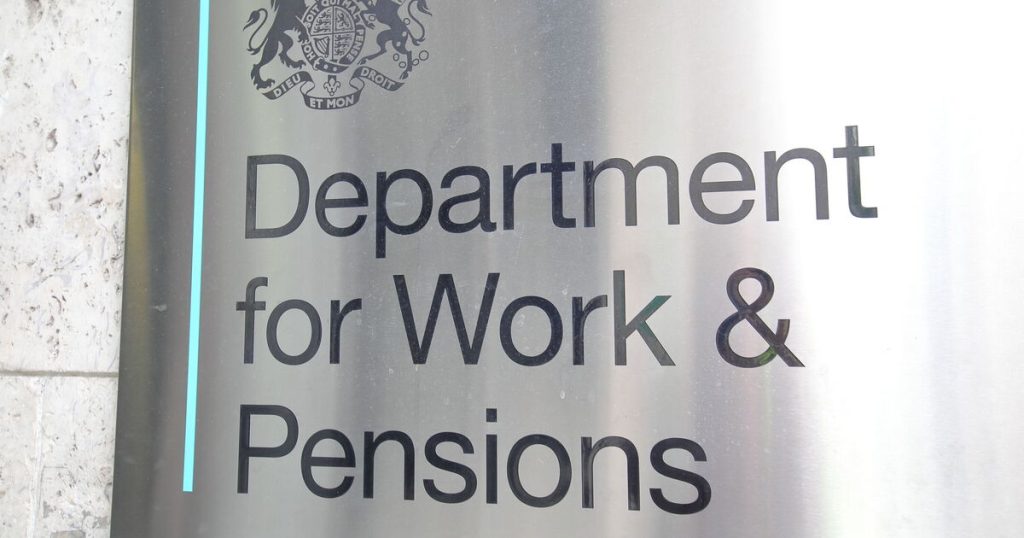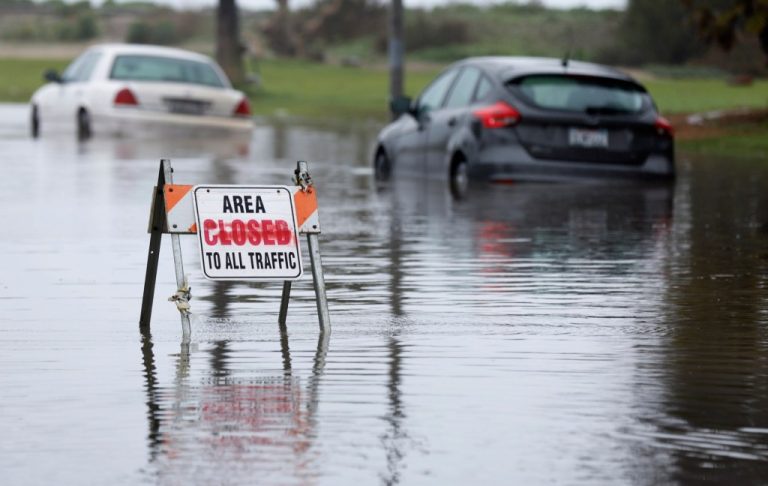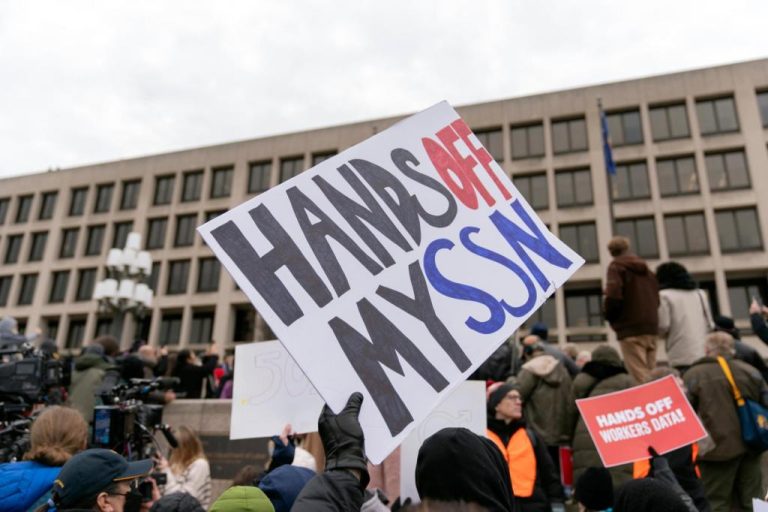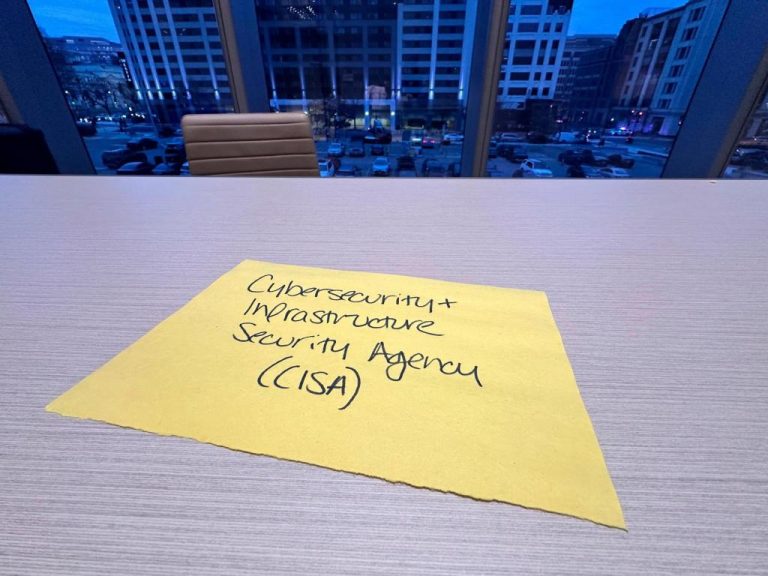
UK households have been told they have no legal obligation to pay money back after a Department for Work and Pensions (DWP) mistake.
The DWP overpaid more than £500 million of State Pension and Pension Credit payments into accounts of people who had died over five years, and recovered around half of it.
These direct payment after death (DPAD) overpayments happen if the DWP isn’t notified of a death in time to stop a payment.
While the DWP can recover overpayments from a person’s estate and will write a letter asking for the money back, these payments are actually treated as non-recoverable and are not enforceable by the law.
The DWP can request the money back as a voluntary payment and says it has a responsibility to attempt to claim it back, it is optional as to whether households choose to send the money back.
Former pensions minister Sir Steve Webb has criticised the letters sent to bereaved relatives asking them to return pension payments made in error, saying the letters don’t make clear that repayment is voluntary.
The overpayments occur because pension payments are made four weeks in arrears, meaning payments can be made that relate to a period after a person’s death.
Sir Steve, now a partner at pension consultants Lane Clark & Peacock, sent a freedom of information request to obtain a copy of the letter sent by the DWP to reclaim payments that were made in error.
He found that it does not explain anywhere in the letter that the repayments are voluntary, which he says intimidates or frightens people who have just been bereaved into sending money back “because they think they have to”.
He said: “This kind of halfway house of… we know that it’s not mandatory when we send the letters, but we’re not going to tell you… that doesn’t seem right to me.”
On the government’s website, it states: “The Department for Work and Pensions (DWP) can recover benefit overpayments from a person’s estate. An overpayment could have happened because, for example, the person who died:
-
had more savings than they declared in their benefit claim
-
had not declared an income
-
was in hospital or a nursing home and had not told DWP
“If you’re dealing with the estate, DWP will write to you once probate has been granted to ask for the information they need. If there has been an overpayment, DWP will write to you asking for the money back from the estate.
“They will tell you how any overpayment has been worked out and explain why it happened. They will also tell you how to pay. If you need to discuss your payment, or setting up a repayment plan, call DWP’s Debt Management Recovery from Estates. The number is on the letter.”
The DWP has since acknowledged that there’s no legal obligation to repay such overpayments but said it has a responsibility to attempt to recover the funds.
A DWP spokesperson said: “It is not our intention to cause distress, however, we have a responsibility to taxpayers to recover overpayments. We acknowledge this is not always possible.
“Whilst there is no legal obligation to repay a debt of this type, we recognise some people will be willing to repay money to which there was no entitlement. We provide full contact details and encourage anyone with concerns to call us.”
It’s understood that if the DWP doesn’t receive a response then no further letters are issued requesting payment and that an initial recovery is attempted from the bank where the payment was made or from the deceased’s next of kin.







